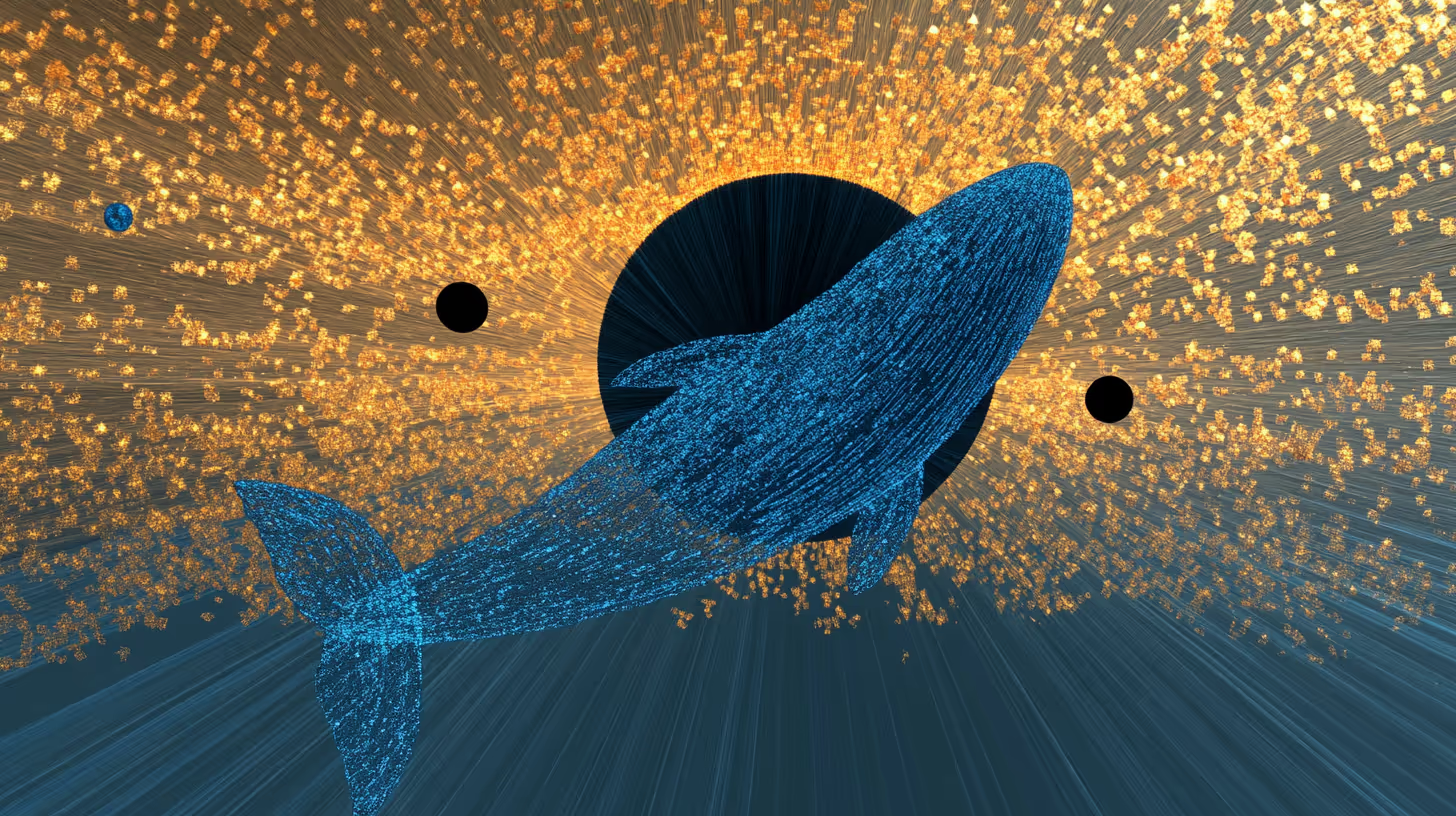Hard to believe there was a dark pre-Slack era at Skyrocket. Our inboxes were cluttered, our shoulders were bruised, and our team had little opportunity for easy connection. You know how these days everyone is raving about ‘Slack changing their work lives’? Well, count us in because it did change the way we work and our culture as we knew it.
I remember when we were so far from getting Slack it was sad. Most of us saw it to be ‘just another piece of software’ adding clutter to our, then unorganized, workflow, while only a brave few fought valiantly for its implementation. Then, one day in the midst of winter, Mo bit the bullet and installed Slack for the team.
The adoption was slow at first—we could get by with 12 of us cramped into one lowly #general channel. Our original rational left us thinking separate channels were unnecessary to handle our multi-client workflow. This quickly ended up being no better than a cluttered inbox, solving little, if any, of the friction we were experiencing before. Naively, we thought we could use Slack differently to ‘limit the noise’. But why fight something built specifically for multiple channels, multiple conversations and ultimately a higher level of organization?
We assigned channels to each ‘department’ (using the term lightly—we are a small nimble team after all) and organized designated spaces for our clients. Emails from generic accounts now end up in their respective channels too, making important messages visible to everyone without cluttering inboxes. The dev team gets notified about new builds. All in all, our current workflow gradually came together.
What we didn’t expect was the rise of a whole new level of cultural connection.
We (obviously) installed the /giphy extension, which brought nothing but random everyday joy to our team with relevant (or completely irrelevant) gifs throughout our conversations. Eventually, emojis came into play—we even went as far as creating our own, of each other’s faces, and adding funky dancing rainbow parrots.

Team members started to create purely culture-based channels for everyone to express and share their interests. Our music channel offers a unique discovery of new music genres, showcasing everyone’s individuality. Our lunch channel has become a forum to discuss and review local lunch options and arrange outings together. As for the #general channel, it has turned into a beautiful open chasm of randomness for anyone to contribute*:
- ‘Closing the sprint, UPDATE YOUR TICKETS’
- ‘Well, we’ll just have a Lion King watching party at the office’
- ‘Aziz is my Spirit animal #TreatYoSelf’.
Some might see these extra channels as a distraction, but they do bring us closer together as a team. They allow us to become vulnerable and open up to each other in a way we’ve never done before. This organically cultivates a deep level of trust and keeps us excited and passionate, fuelling our desire to produce high-quality work for our clients.
Slack has provided us with a more meaningful way to connect as people, and a team. Without these channels acting as outlets for sharing knowledge, joking around and managing communication (whether client or interest-related), we wouldn’t be able to build the office culture we have today. We would probably come close, as we are all badasses destined to be a cohesive work machine, but there would be a little less joy in our work lives, as if something was missing—something that Slack gives us, making us all better together.
*We completely ignore the actual #random channel, as we feel it restricts our creative flow.




